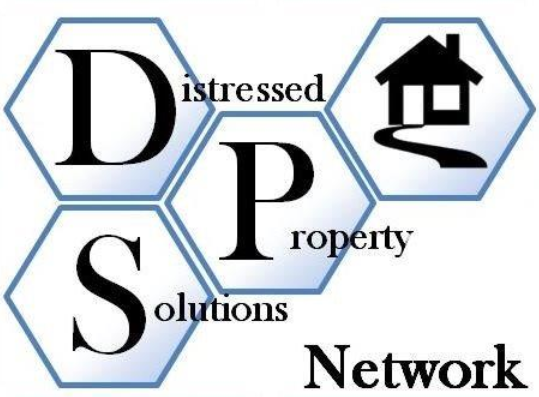What is a Credit Repair Company?
A credit repair company is an organization that helps you understand and repair your credit by analyzing your credit report and disputing inaccuracies with credit bureaus and creditors. Credit repair companies have the experience and knowledge to tackle credit issues that could be difficult to resolve on your own.
.jpg)
This expertise makes the credit repair process easier for customers. Companies know what to look for, understand the process needed to fix inaccuracies, and are informed on what clients are legally entitled to request from both credit bureaus and creditors.
If you've lost work because of the coronavirus outbreak and fall behind on loan payments, loan modification could help you avoid default.

Loan modifications are most common for secured loans, such as mortgages, but you may also be able to modify other types of loans. That could include personal loans or student loans.
A loan modification can relieve some of the financial pressure you feel by lowering your monthly payments and stopping collection activity.
But loan modifications are not foolproof. They could increase the cost of your loan and add derogatory remarks to your credit report.
That doesn't mean you should avoid a loan modification. But before you jump at the chance, consider all the angles.
Do Loan Modifications Affect Your Credit?
If you're thinking about a loan modification, chances are your credit has already taken a hit. "Most customers in the process are already delinquent," Broeker says.
When you proceed with a loan modification, a comment code will appear on your credit report that says something like "paying by modified terms."
But getting back on track with payments could have enough of a positive effect on your credit over time to make up for this derogatory remark.
If you're still unsure whether a loan modification is a good idea and hesitate to extend your loan term, remember that you can refinance later, when you're on better financial footing.
"I don't think loan modification fits everybody," Broeker says, "but it's the single best tool we have from a loss mitigation perspective to keep people in their homes."



